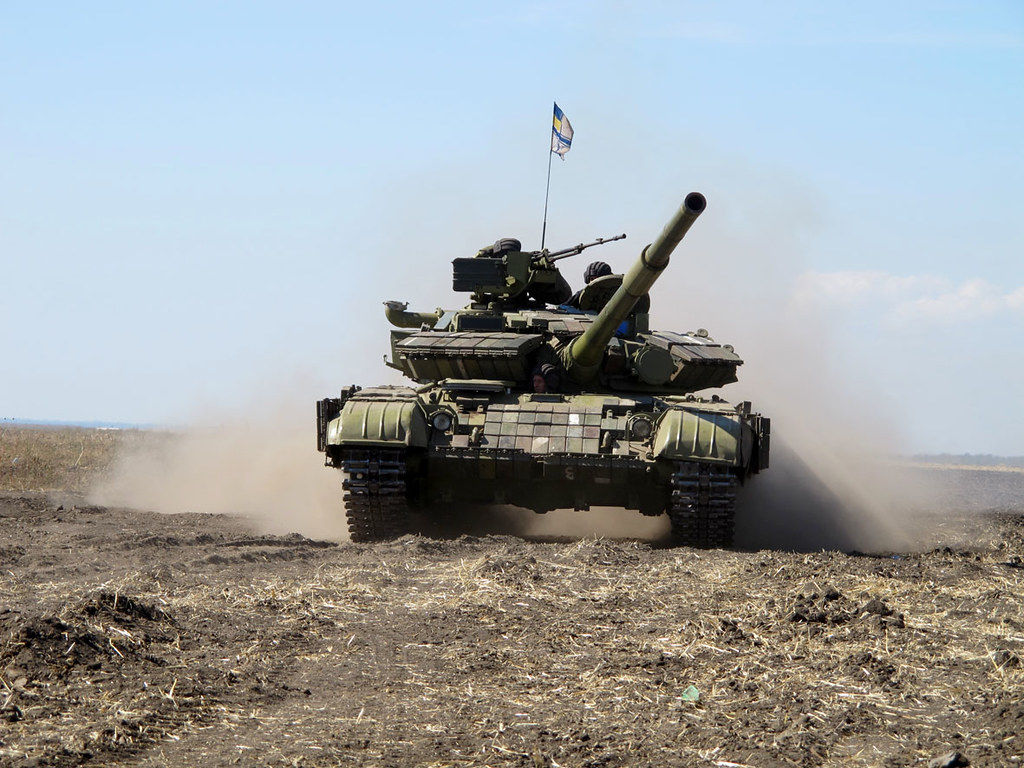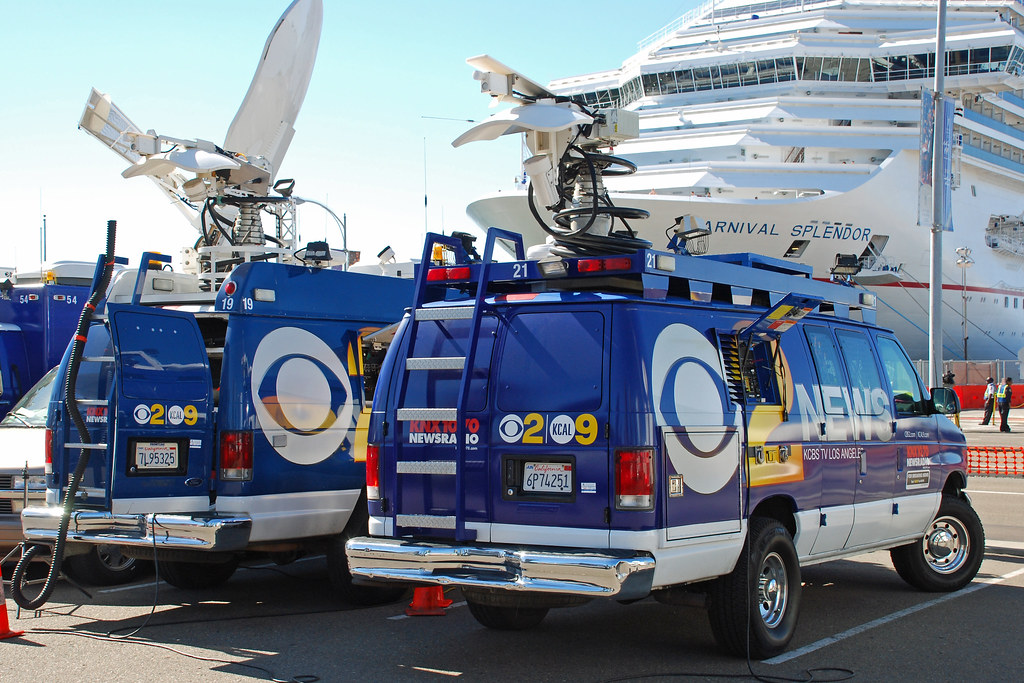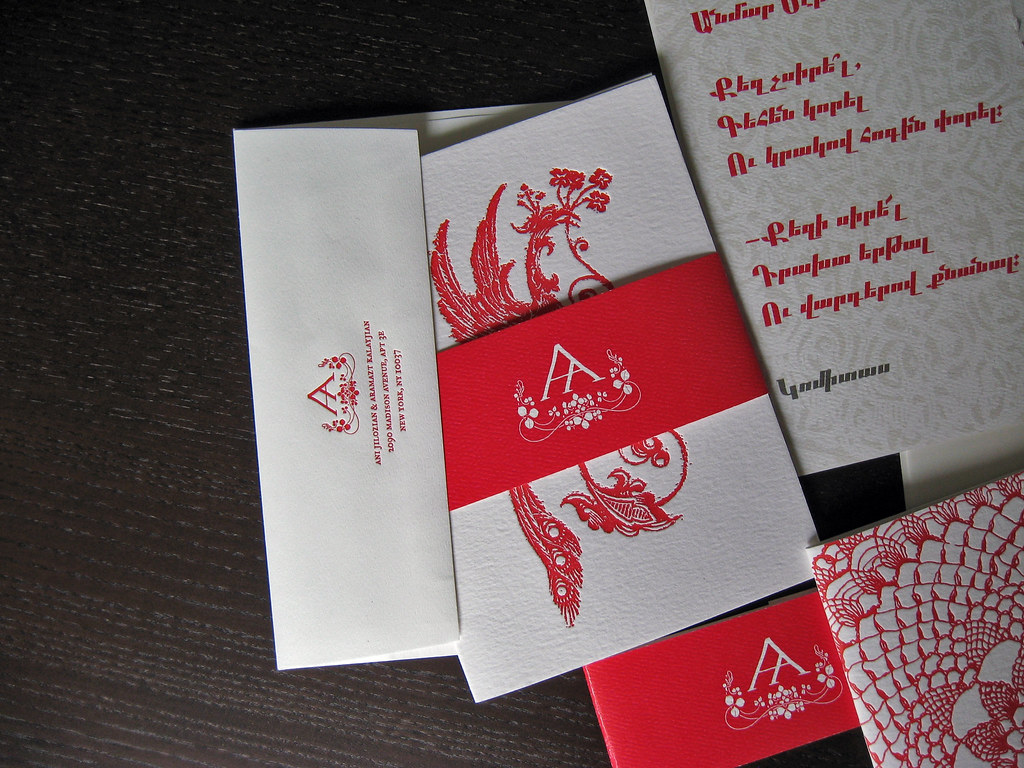
Papers During the Nationwide conflict
It's difficult to envision a period before TV news and radio news, also news on the Web, but rather during the Nationwide conflict, residents needed to depend on two significant wellsprings of information - verbal exchange and papers.
In spite of the fact that verbal exchange was the most catalyst wellspring of information about the war, papers furnished residents and troopers the same with the most itemized records of war that that had at any point been distributed in America or in some other country besides. New printing advances permitted papers and magazines the same to distribute another new innovation - photos. The approach of the message made news from the bleeding edges of the war accessible to the press room in minutes as opposed to days or weeks. Papers gave a substantial record of a war that created constantly.
When the Nationwide conflict started in 1860, papers had extended from the huge urban communities in the upper east to practically all significant urban communities all through the US, and even into a few more modest towns, where a venturesome distributer could set up a press.
Be that as it may, at the start of the history and strategy of wars that have happened, most papers were still at this point unequipped to cover the war. Not exclusively was the Nationwide conflict one of the most geologically huge wars battled to the time, yet the sheer quantities of those elaborate made the assignment amazing. Albeit the greater part of the bigger papers, for example, The New York Messenger, The New York Times and Harper's Week by week had Washington reporters, few had at any point utilized journalists for the wide scope of country the war enveloped. In this way another situation in the American paper office was conceived - the war journalist.
War journalists were conveyed to the forefronts, alongside exceptional craftsmen, who until photos turned out to be generally utilized toward the finish of the war, portrayed the activity. These valiant essayists and craftsmen encountered similar brutal states of life in a tactical camp as the troopers did.
The capacity of papers to get data from the cutting edges was frequently alarming for officials and others in, important, influential places during the war. At different times, papers were controlled for dread that the news they announced would be utilized by the foe to propel their objective. This was more an issue in the North than in the South for clear reasons - the South had less significant papers before the war, and barricades had brought about such a lack of paper, ink, and different supplies vital that many papers shut down, never to resume. However, in the North, the danger of the press was taken close by; Lincoln himself dreaded the repercussions of papers that were either against the war or thoughtful to the Confederate reason, and stifled a large number of these papers.
Yet, Lincoln's seeking of editors that upheld his goal now and again returned to cause major problems for him, similar to the instance of his ally Horace Greeley, of the New York Tribune, whom, with an end goal to work up help for the Association, without a doubt added to the fights at Bull Run, which were both infamous misfortunes for the Government Armed force.
By a wide margin the most famous paper during the Nationwide conflict time was Harper's Week after week. Harper's was one of the more impartial papers, due for the most part to its prevalence in the South. Albeit the paper upheld Lincoln and the Association, it actually revealed with lack of engagement, and stayed a backbone of the Southern family during the war.
Beside its fairness, Harper's flow of more than 200,000 during the Nationwide conflict period is inferable from the way that the paper utilized probably the most recognized scholars and specialists of the time. Political illustrator Thomas Nast was a pillar of Harper's, as was craftsman Winslow Homer. Other eminent craftsmen who added to Harper's during the Nationwide conflict time incorporate Theodore R. Davis, Henry Mosler, and the siblings Alfred Waud and William Waud.
24 Dec 2022
14 Dec 2022
25 Apr 2021
19 Sep 2021
12 Aug 2024
19 Feb 2026
05 Feb 2026
18 Jan 2026






